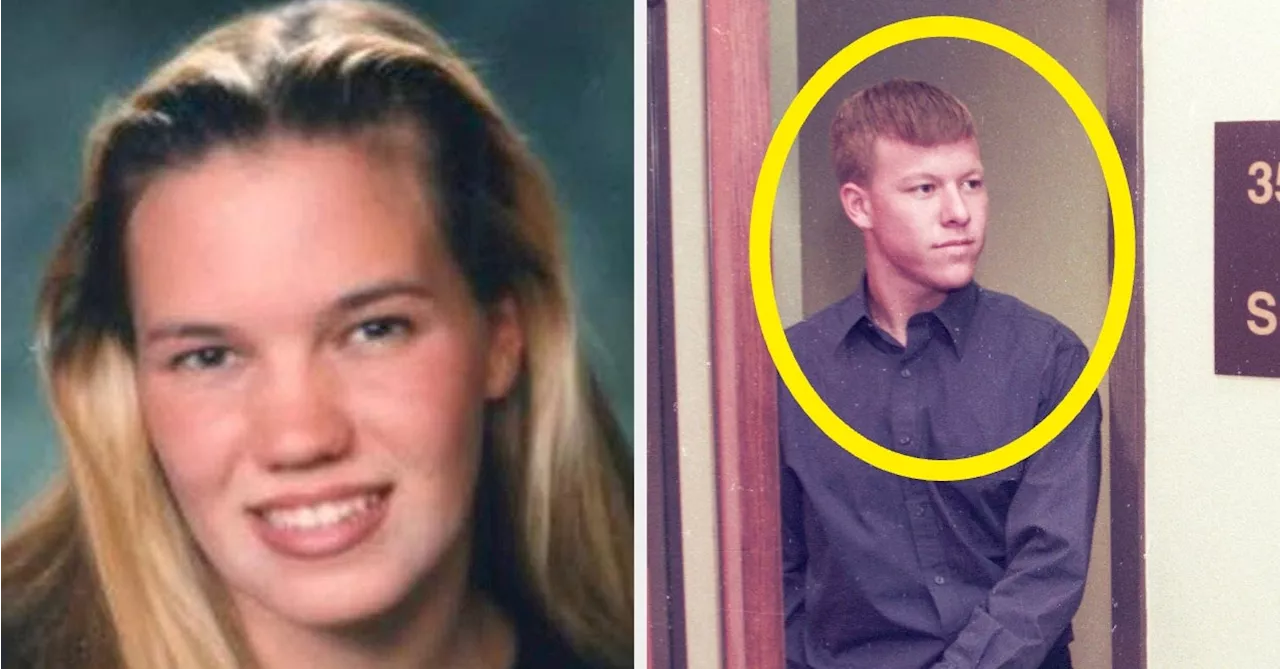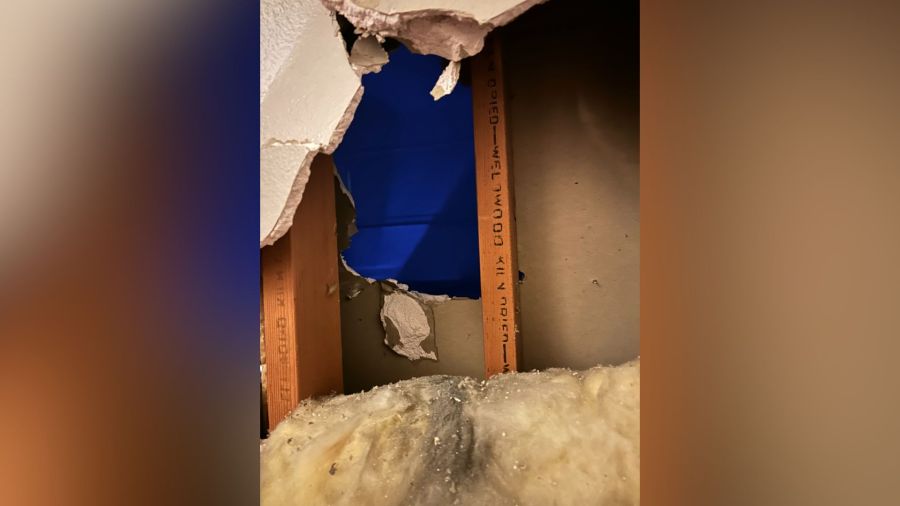UPDATE: Groundbreaking DNA technology is solving cold cases across the United States, bringing closure to families haunted by unsolved murders for decades. Recent developments reveal shocking truths about the identities of killers previously thought to be untouchable.
In a dramatic turn, authorities in Los Angeles confirmed that the murder of Sherri Rasmussen in 1986 was committed by an LAPD detective, Stephanie Lazarus, who was revealed as the killer through DNA evidence linked to a bite mark. This discovery has sent shockwaves through law enforcement, highlighting the potential for justice even decades later.
Meanwhile, in Maryland, the tragic case of Leslie Preer, who was found strangled in her home in 2001, has been resolved. Using DNA from a public genealogy database, investigators tracked down a former neighbor, who has now pleaded guilty to second-degree murder. This breakthrough underscores the transformative power of forensic genealogy.
In New York, a suspect was indicted for a murder that remained unsolved since 1984. A DNA match from a discarded straw led to the arrest of Michael Bilodeau, who faces charges related to the brutal murder of a young woman. Authorities believe advanced DNA testing is crucial for solving similar cases, with implications for justice nationwide.
The saga continues with the identification of long-sought suspects in other high-profile cases. In 2023, a cold case from 1975 involving the murder of a young girl was reexamined using forensic genealogy techniques, leading to the identification of deceased suspects. Though they cannot be charged, the case remains open as investigators pursue leads.
Furthermore, the infamous Etan Patz case, which changed child safety laws, is back in the spotlight. After years without resolution, a confession was obtained in 2017, yet the case remains complex, with ongoing legal challenges complicating the path to justice.
These developments are part of a broader trend as advances in DNA technology and forensic genealogy open new doors in criminal investigations. The emotional impact on families is profound, with many finally receiving the answers they’ve sought for years.
As more cases are solved, the public is urged to support ongoing investigations and push for the utilization of modern DNA methods in cold cases across the nation. The fight for justice continues, with renewed hope that no case will remain unsolved indefinitely.
Stay tuned for more updates on these evolving stories and the ongoing impact of DNA technology in solving cold cases across America.







